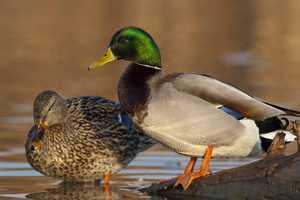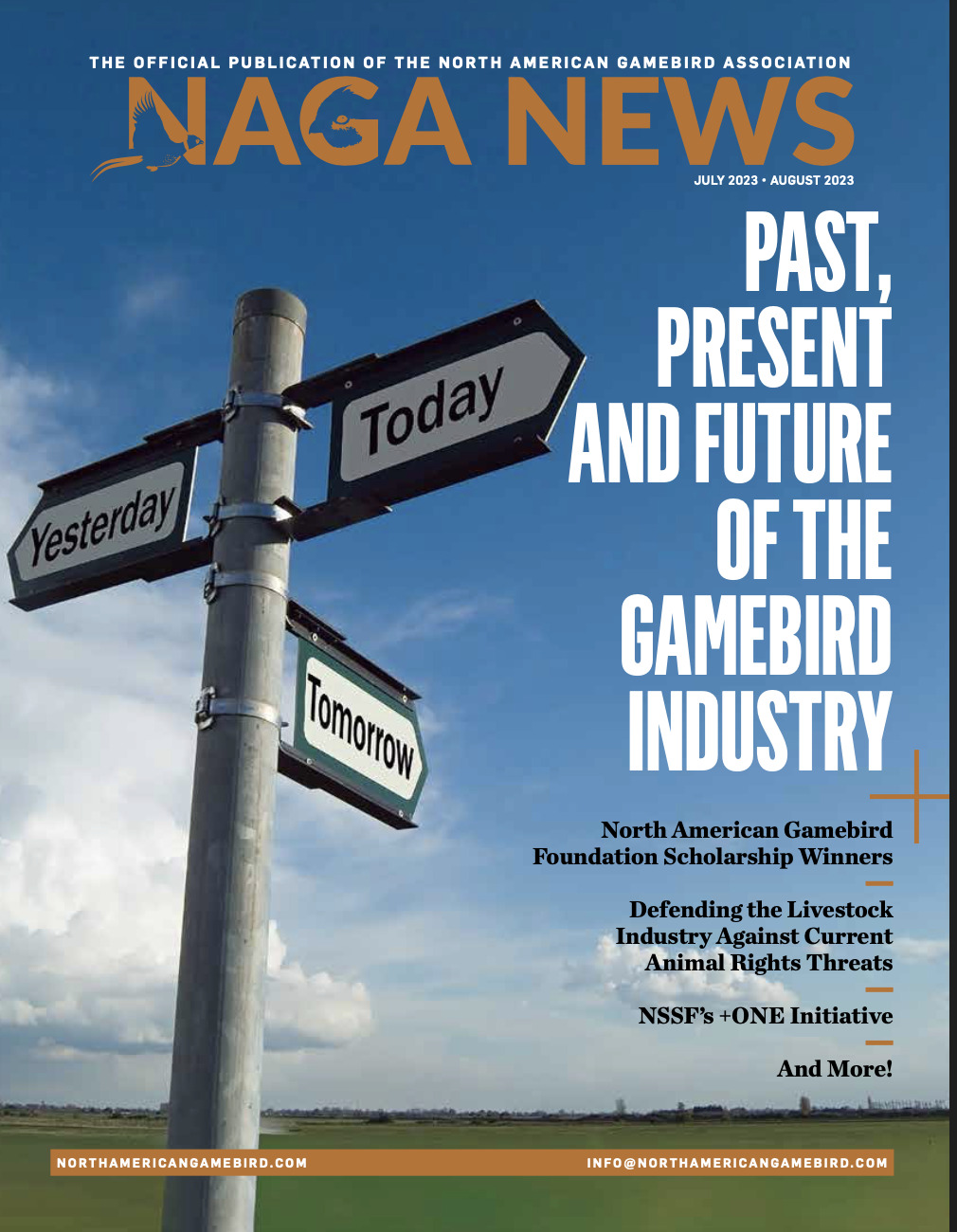Wild ducks continue to be the top suspects for new outbreaks of highly pathogenic avian influenza (AI) that have occurred in the western and central United States. While migrating waterfowl may not be responsible for the spread of the disease within small regional areas, the large distances between outbreak areas continue to lead experts in the field to believe that wild ducks are the most likely carrier.
The North American Gamebird Association’s Health Committee has been meeting weekly with the nation’s top veterinary experts in this field to gather the best information to help gamebird producers and hunting preserves prevent outbreaks in their localities. Previous articles have dealt with easy to implement protocols to decrease the chances that the disease will find its way to your business.
Topics have included disinfecting, clothes and footwear sanitation, and employee policies. The underlying theme of many of these pointers is to try to prevent anyone who comes into contact with your birds from tracking or bringing fecal matter from wild ducks or waterfowl into your barns or pens.
The most recent article dealt with maintaining your nets and fences in order to keep waterfowl from landing or walking into your pens. The presence of water on your property presents an even larger challenge. Ponds, lakes and streams naturally attract waterfowl. While it may not be possible or even desirable to drain water sources on your farm, there are still steps you can take to reduce your risk.
1. Do not feed gamebirds surface water (water from ponds, lakes or streams on your place.) The AI virus can live in water that you unwittingly bring into your own flocks.
2. Remember that anybody that walks the property, especially near water sources, could come into contact with wild waterfowl droppings that could contain the disease.
3. Establish a stringent policy that farm workers must change into clothes and properly disinfected and cleaned footwear
3. Do not permit co-mingling between your birds and wild waterfowl. Wild ducks and geese maybe drawn to your domestic birds. This is where good netting and fencing comes into play.
4. Do not co-mingle different species of birds together. The majority of the outbreaks of avian influenza over the past year have been largely contained within commercial turkey farms. A recent outbreak, however involved chickens. No cases have been detected yet involving large commercial pheasant operations, however, there was one outbreak involving a small pheasant operation in Washington State. The pheasants reacted as severely as with the turkey outbreaks. All pheasants at the location were depopulated; in other words killed. Whenever possible, birds should be maintained separately. Given the severity of the disease, and the resulting loss of birds, it is simply prudent not to expose one species of gamebird to another.


